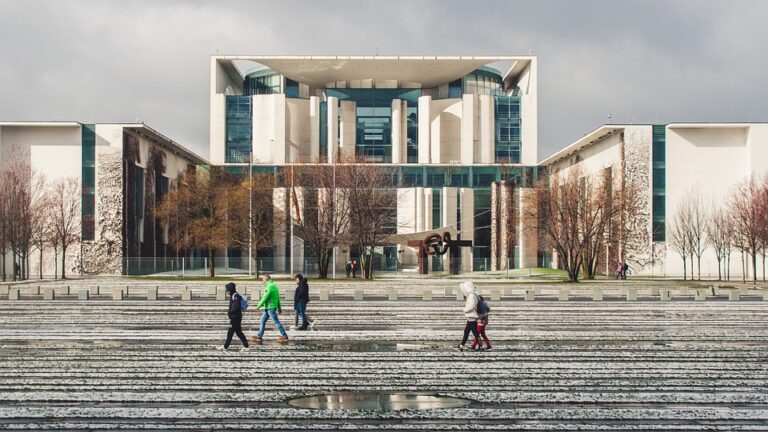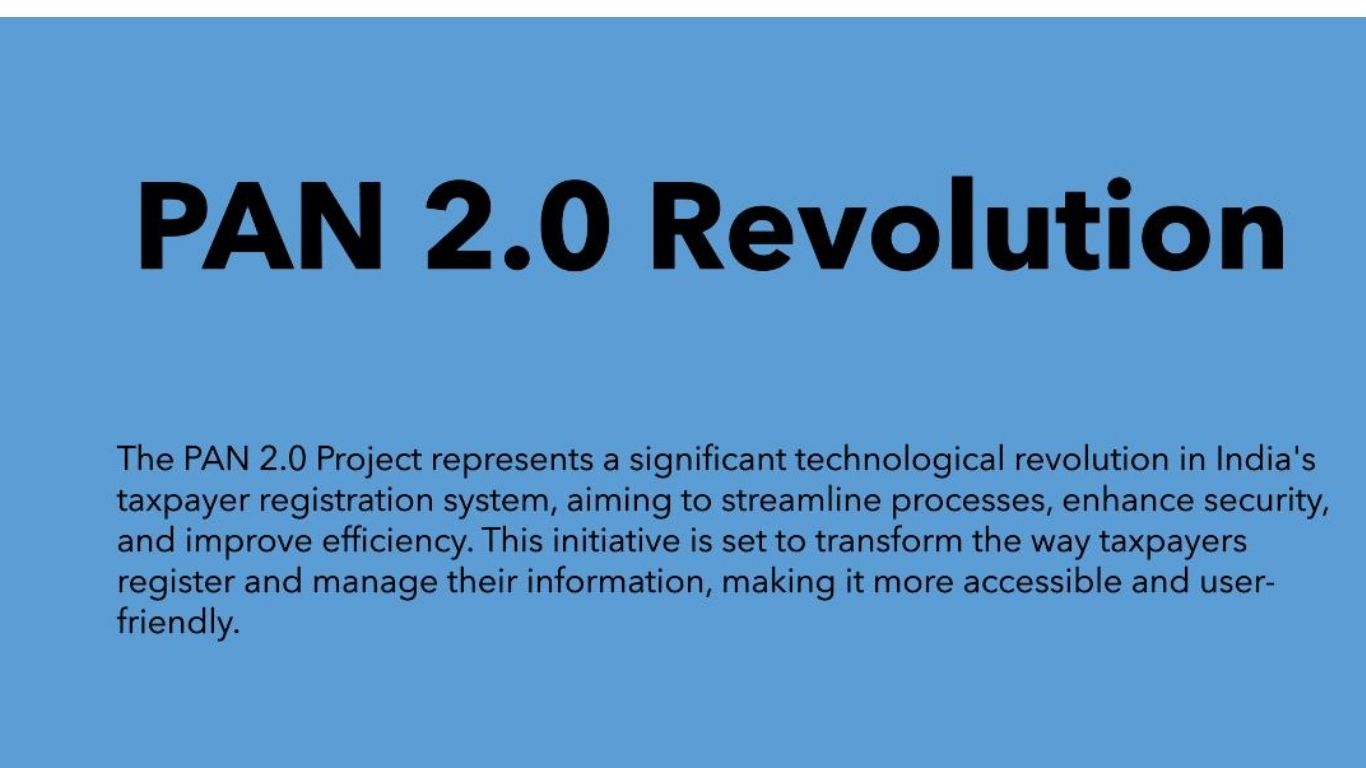Youth and Democracy: How the Next Generation is Redefining Political Engagement
The pulse of democracy has always been dependent on the participation of its citizens, and as the landscape of global politics evolves, so too does the role of youth within it. Today, we are witnessing a remarkable shift in political engagement driven by young people across the globe. This generation is not only embracing democratic ideals but is also reinterpreting the very frameworks of political participation. With the power of technology at their fingertips and a deep-seated desire for social change, youths are redefining what it means to be an engaged citizen.
The Rise of Political Awareness
Young people today are more politically aware than ever before. This increased consciousness stems from a variety of factors, including the accessibility of information through digital platforms, intensified discussions around climate change, social justice movements, and the impact of global crises—such as the COVID-19 pandemic—on daily life. Platforms like social media have provided a powerful conduit for rallying support, sharing knowledge, and mobilizing action. Movements like Black Lives Matter and Fridays for Future demonstrate how youth can harness digital tools to organize protests, spread awareness, and demand systemic change.
This political awakening is not just a passing fad; it reflects a deep-seated recognition that the decisions taken today will shape the world for generations to come. Young people increasingly see themselves as stakeholders in the future, and as a result, they are more willing to engage in political discourse, challenge traditional norms, and advocate for policies that align with their values.
New Forms of Engagement
In contemporary democracies, traditional avenues of political engagement—such as voting and party membership—are evolving. Young people are less likely to identify solely with established political parties; instead, they seek avenues that resonate with their ideals. This generation is favoring grassroots movements, direct action, and digital activism as preferred methods of engagement. For many, the act of voting is only one piece of a larger puzzle of societal participation.
Moreover, young activists are redefining what it means to be involved in the political process. Consider the rise of initiatives like “youth parliaments” and local councils aimed at empowering young voices in decision-making processes. These platforms not only give young people a seat at the table but also facilitate dialogue between generations, fostering a more inclusive democracy.
Challenging the Status Quo
The new generation of political activists is characterized by a fierce commitment to social justice and equity. With issues such as climate change, racial inequality, and economic disparity at the forefront of their agenda, young people are challenging existing power structures and demanding accountability from their leaders. Their efforts have made it clear that a one-size-fits-all approach is no longer satisfactory; they are advocating for tailored solutions that address the diverse needs of their communities.
Initiatives like the Sunrise Movement in the United States paint a vivid picture of this trend. This youth-led movement calls for bold climate action and seeks to engage young people in policy-making processes that affect their future. The advocacy does not stop at legislation; it encompasses a cultural shift aimed at creating a sense of urgency around the need for transformative change.
The Role of Technology
Technology has been a game changer in the realm of political engagement for today’s youth. With platforms like TikTok, Instagram, Twitter, and Facebook, young activists can mobilize support with unprecedented speed and reach diverse audiences. The immediacy of digital media allows for the rapid dissemination of information, facilitating organized responses to political events and creating a sense of community among youths across the globe.
Moreover, online petitions, crowdfunding campaigns, and virtual events have become a staple of grassroots movements, making it easier for young people to engage without the need for resources that traditional organizations require. The ability to amplify voices and build coalitions through hashtags and viral content showcases how digital platforms can democratize political discourse.
Looking Ahead
As we move into an increasingly unpredictable future, the role of youth in shaping democratic ideals cannot be understated. Their energy, creativity, and insistence on accountability are ushering in a new era of political engagement. Yet, challenges remain. Political systems must adapt to the changing landscape of engagement, acknowledging the importance of youth voices and ensuring that their contributions are meaningfully integrated into the decision-making process.
In conclusion, the next generation is redefining political engagement, bringing fresh perspectives and bold aspirations into the democratic process. They are navigating uncharted waters, responding to injustices, and championing causes that resonate deeply with their values. For democracy to thrive, it must embrace this wave of enthusiasm and innovation, ultimately recognizing that the future is, indeed, in the hands of the youth. As they continue to shape the world around them, we must listen, learn, and support their vision for a better tomorrow.















